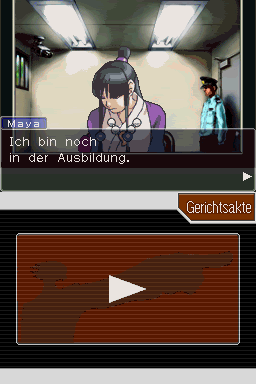(Excerpts from A. Szabo's Anfänge der griechischen Mathematik)
...auch dann hat man bisher noch mit gar keiner konkreten Angabe wahrscheinlich machen können, dass die Griechen in voreuklidischer Zeit eine solche Algebra wirklich gekannt hätten. (Die Griechen haben nicht einmal die positionelle Bezeichnungsart der Zahlen von den Babyloniern übernommen!)
Then also, with no concrete evidence, can one probably "show" that the Greeks had really known Algebra before Euclid's time. (The Greeks have not once adopted the positioning of numbers from the Babylonians!)
(At least I think that's what it says...I think they're referring to the base 60 way in which Babylonians write their numbers. I have no idea what the literal German of Bezeichnungsart is.)
Aber es kann gar keine Rede davon sein dass diese Theoreme ursprünglich "algebraische Sätze" oder Lösungen für "algebraische Aufgaben" gewesen wären. Nein, diese sind alle sowohl die Sätze wie auch die Aufgaben -- rein geometrischen Ursprungs. Auch II.5 ist ein rein geometrischer Satz. Wohl kann man diesen Satz in der modernen Interpretation mit einer "Algebraischen Aufgabenlösung" vergleichen...
But there can be no explanation that these theorems were originally "algebraic propositions" or (okay, I admit I don't know what that is exactly.). No, these propositions, as the "Aufgaben" (I don't know, a corollary? Explanation? Proof?) too, are geometric in origin. Also, II.5 is a geometric proposition. One can assimilate this proposition in the modern interpretation with an "Algebraic explanation" (That Aufgaben word again, whatever it is...).
(So now Satz is a proposition, and Sätze, the plural. I think vergleichen is the word for to assimilate, since it has "gleich" in it.)
"Nein, ich macht nur Spaß."
No, I am only joking. (Literally, I only make fun.)

"Can you come this evening in my office around 9 o' clock?" (I can't make out the rest of it; I don't know that verb. But I think I would like to test that gegen = around. Not the physical one though; I think that's what "rund" is for.)

"I am still in training." (where I learn Ausbildung is training.)

"She has said that I should call him, in the case that I ever get in trouble." (I think, judging by the way this game keeps using "Fall" as case, that falls here is some construction like deshalb, but it means "in the case"... more literally--it could be used as "if" though. I'm not sure about the grammar in the last part of that sentence though.)

"Sure, why not? I would ask him." (It seems "wieso" is why--I do not yet know if there is a difference between using "warum" and "wieso".)

"That is my condition." (Where I learn "Bedingung" is a condition.)

No comments:
Post a Comment